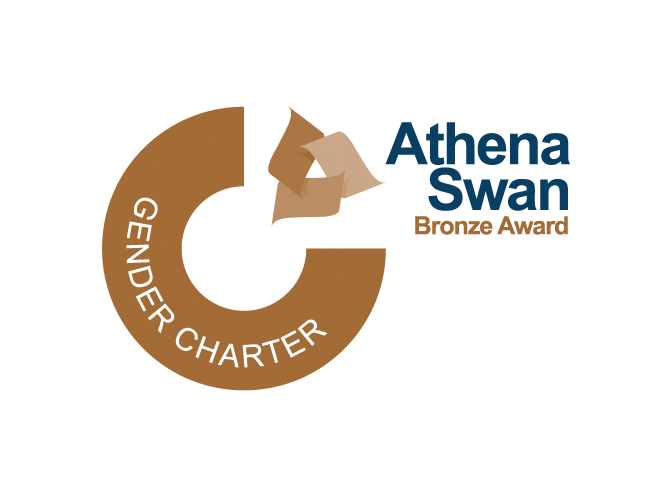You are here
- Home
- Challenges of assessment for a Level 3 interdisciplinary module: an Associate Lecturer and student perspective
Challenges of assessment for a Level 3 interdisciplinary module: an Associate Lecturer and student perspective
As qualitative learning outcomes can be subjective, criteria for assessing them require clarity to facilitate consistent application by markers and appropriate interpretation by students. Whilst the provision of feedback (e.g. Hattie and Clarke, 2018) and grading of assessment (e.g. Bloxham et. al., 2016) are relatively well studied, there have been few comparative studies on tutor experience of applying learning outcome assessment criteria to written assignments and student experience of interpreting them.

Project team: Jenny Duckworth and Harriet Kopinska
The Level 3 interdisciplinary module SDT306 ‘Environment: responding to change’ uses criterion-based marking based on learning outcomes. Tutors provide feedback through marking grids containing a detailed breakdown of the criteria relevant for each learning outcome. The grids are designed to facilitate application of learning outcome grading scales and enable parity between tutor mark allocations, whilst giving constructive feedback to students. However, tutors have reported challenges in applying the criteria consistently, whilst student perception of the grids was unknown. Hence, we posed the following research question for this project: “How do students and tutors use the marking grids on SDT306 and what is their experience of this approach?”
We collected quantitative and qualitative data on how tutors use the marking grids to apply criteria and award marks, and how students interpret the grids and apply them to their learning. Online surveys involving Likert scale and free text questions were completed by tutors and students from the 2021J cohort. These were followed up by interviews with a subset of students and tutors.
The student response was generally positive, noting that marking grids added clarity. However, they stressed the need for script comments as well as grids, arguing that script comments provide specific feedback on particular issues, whilst the grids provide an overview of student performance. Tutors’ main concerns with the grids were around the extra time needed when using a marking grid approach, and the difficulty in applying some of the criteria within the grid.
We have discussed our findings with the SDT306 module team as the project by exploring student and tutor experience and the identified barriers. This has led to new initiatives, including the provision of a slide to be used by Associate Lecturers in introductory tutorials that explain the marking grid process for the first and third assessments. This provides students with checklists of criteria and the learning outcomes that relate to each assessment.
References
Bloxham, S., den-Outer, B., Hudson, J. and Price, M. (2016). ‘Let’s stop the pretence of consistent marking: exploring the multiple limitations of assessment criteria’, Assessment & Evaluation in Higher Education, 41(3), 466-81, https://doi.org/10.1080/02602938.2015.1024607.
Hattie, J. and Clarke, S. (2018). Visible Learning: Feedback. London, Routledge.
News
Celebrating Graduation in Manchester
On 22 November Professors Clare Warren, Mark Brandon and Richard Holliman, and Dr Barbara Kunz travelled to Manchester for an OU Graduation Ceremony.
EEES researcher to lead £800k project to improve global climate change predictions
An EEES researcher is leading a new Natural Environmental Research Council-funded project to improve our ability to predict climate change using cutting-edge analysis of fossilised algae molecules.


